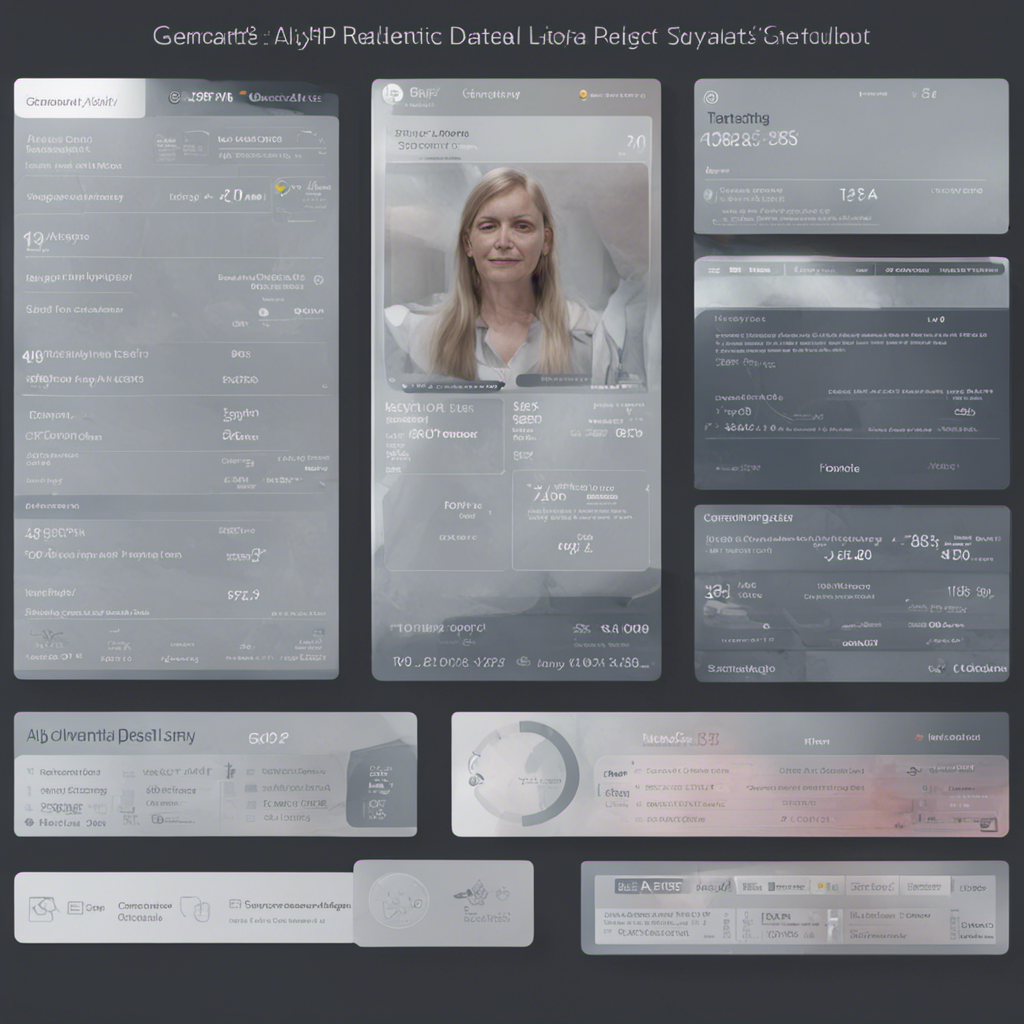
AI’s Leap into the Healthcare Realm: Revolutionizing Diagnosis and TreatmentAI’s Leap into the Healthcare Realm: Revolutionizing Diagnosis and Treatment Artificial intelligence (AI) is rapidly transforming the healthcare landscape, ushering in a new era of precision medicine, personalized care, and improved patient outcomes. As AI’s capabilities expand, its impact on diagnosis and treatment is becoming increasingly profound. Precision Diagnosis AI algorithms can analyze vast amounts of patient data, including medical records, imaging scans, and genetic information, to identify patterns and anomalies that may be invisible to the human eye. This enables more accurate and timely diagnosis of complex diseases, such as cancer, cardiovascular disease, and Alzheimer’s. For example, AI-powered image analysis tools can detect early signs of skin cancer with greater sensitivity and specificity than traditional methods. This allows for prompt intervention and improves the chances of successful treatment. Personalized Treatment Plans AI can also assist clinicians in developing tailored treatment plans for individual patients. By considering a patient’s unique medical history, genetic profile, and lifestyle factors, AI algorithms can generate personalized recommendations for optimal care. This personalized approach leads to more effective interventions and reduced side effects, as treatments are specifically adapted to the patient’s individual needs. For instance, AI can help predict which patients will respond best to certain cancer drugs, reducing the risk of ineffective or harmful treatments. Remote Monitoring and Patient Engagement AI-powered devices and sensors are enabling continuous monitoring of patients’ health both inside and outside of healthcare facilities. These devices can detect changes in vital signs, activity levels, and other health metrics, providing early alerts to potential health issues. Empowerment through patient engagement is another crucial aspect of AI in healthcare. AI-powered chatbots and virtual assistants can provide 24/7 support, answer questions, and offer personalized health advice, enhancing patient involvement in their own care. Conclusion AI’s transformative impact on healthcare is undeniable. By revolutionizing diagnosis and treatment, AI is enabling more precise and personalized care, improving patient outcomes and enhancing overall patient experiences. As AI’s capabilities continue to advance, we can anticipate even greater breakthroughs that will further shape the future of healthcare.
Posted inNews